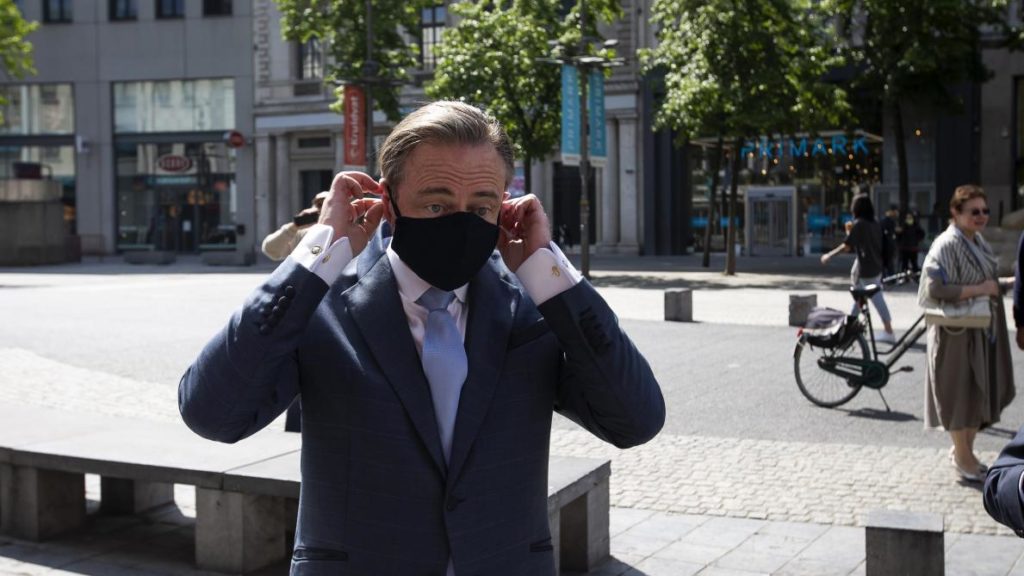The Covid-19 epidemic does not sleep. Here are some related topics from overnight that may be making the news today.
• Researchers at the Radboud university hospital in Nijmegen in the Netherlands have discovered a genetic defect that may explain how young people can become so seriously ill from the coronavirus. The team studied two twin brothers in Maastricht who had become seriously ill, of whom one later died of the virus, and found both had a mutation in the gene known as Tol-like receptor 7 (TLR7) whose job is normally to recognise pathogens. The findings are published in the Journal of the American Medical Association.
• The reproduction rate (Rt) for the coronavirus in Belgium rose to 1.44 on Saturday, up from 1.27 on Friday. The increase means the virus is becoming more widespread, with an infected person more likely to infect more people, unless steps like self-isolation are taken.
• The provincial crisis centre for Antwerp has imposed a reduced social bubble of ten people for the next four weeks. The measure follows a decision by the national security council on Thursday to ignore the advice of scientists and leave the bubble at 15 people for the time being – a decision Antwerp mayor Bart De Wever said he regretted. People in the province are ‘invited’ to provide a list of the names and contact details of the people in their bubble.
• A three-year-old child who died in Brussels last week after being infected with Covid-19 had been suffering from a serious muscular disorder known as spinal muscular atrophy (SMA), her father told La Capitale newspaper. The condition is congenital and in its most serious form leads to breathing difficulties, trouble swallowing and progressive loss of muscle function in the limbs. The child had been unable to eat or speak, and was being fed by a tube. “The coronavirus went with her into death, but it did not kill her,” the father said.
• The code orange designation given yesterday to Flanders region by the European Centre for Disease Control has now been extended to cover all of Belgium. The code orange is triggered when the incidence of the coronavirus – the number of cases per 100,000 population – rises to 20 or above for two weeks. The codes are blue (zero new cases), yellow (fewer than 20), light orange (20-59.9), dark orange (60-119.9) and red (more than 120).
• The federal economy ministry has produced a guide for the hospitality industry on how to apply the rules on coronavirus safety (in English). The ministry website also includes a downloadable version of the form required (for Flanders, Brussels or Wallonia) for businesses to register the details of customers for possible future contact tracing.
Alan Hope
The Brussels Times

